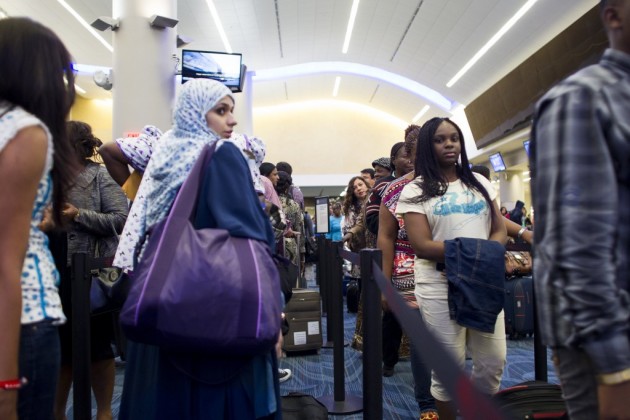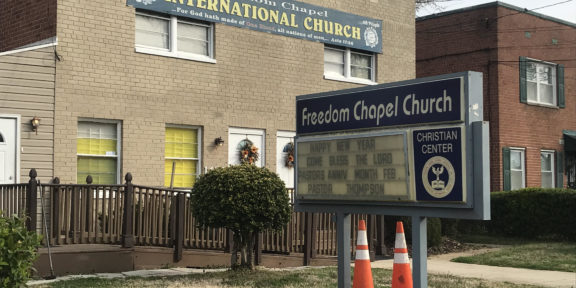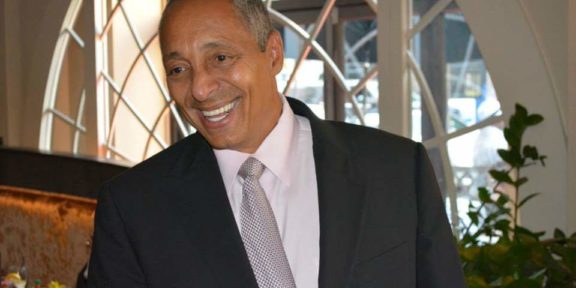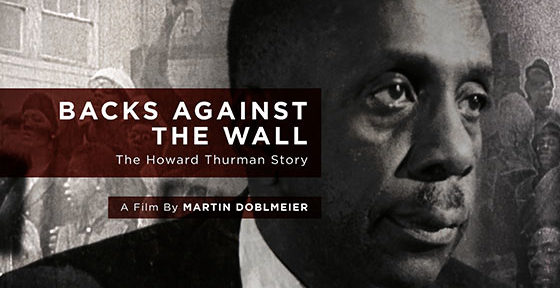Dr. Barbara Williams-Skinner stirred up spiritual leaders in the Omni Shoreham Hotel, entreating fellow members of the Conference of National Black Churches (CNBC) to stop under-utilizing their political power.
“There are a couple things that have to do with dealing with systemic issues around public policy priorities that we are missing,” she said to bishops of the nine largest historically black denominations packing the Palladian Ballroom.
The spiritual leaders were in town recently to attend “For the Healing of Our People,” the CNBC’s First Annual National Consultation. Leaders from around the country gathered for a morning consultation sessions regarding the role of churches in public policy.
“I’ve seen members of Congress go in and vote based on a meeting with four bishops on the outside,” Williams-Skinner said. “Where are our bishops?”
“Members of Congress just see the black church as votes,” the founder of the annual Congressional Black Caucus Prayer Breakfast said during an open discussion period. When religious leaders fail to show up in government offices to support public policy priorities, they reinforce the perception of being a mere constituency group necessary for election into office, said Williams-Skinner , co-founder and president of Skinner Leadership Institute in Tracy’s Landing, Md.
Williams-Skinner says that the newly formed CNBC – whose mission is to serve as a unified voice of more than 30 million black church goers – should make Capitol Hill advocacy and black voter mobilization two important priorities. Her imploring was met with resounding affirmation from CNBC members, listening intently as she preached.
According to the Joint Center for Political and Economic Studies, the national black voter turnout for 2010 midterm elections increased only slightly from 2006. The roughly 2 percent increase, however, was not enough to stop the Democrats from losing 60 seats in the U.S. House, at least a dozen of which were in districts with a significant black vote.
Williams-Skinner says that black leaders, helping to mobilize black voters, will ensure that their issues are being addressed.
“We could take 2012,” Williams-Skinner said. “We have the power; let’s use it.”





